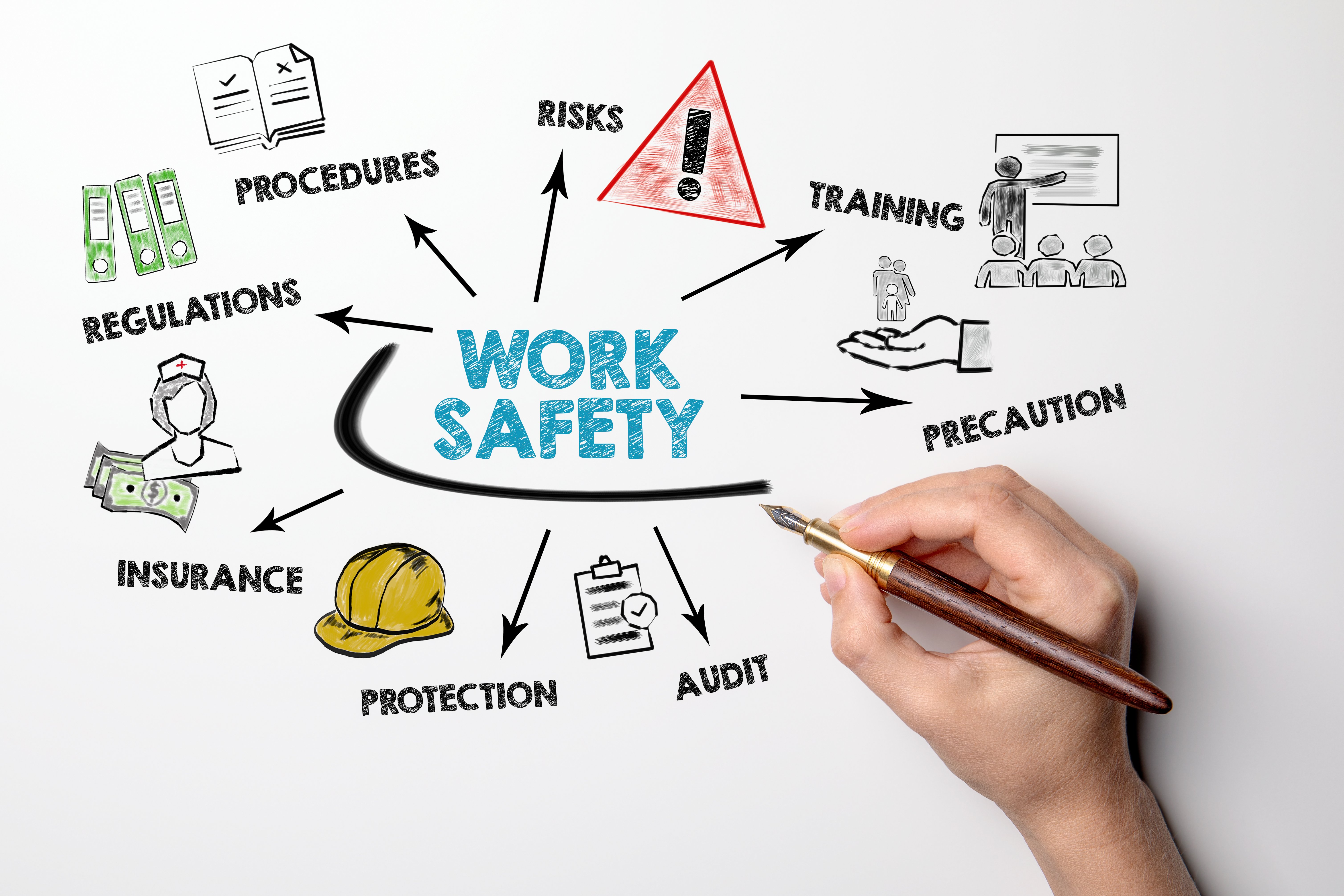Updated December 2025
When someone gets hurt at work, the consequences can be serious and wide-ranging.
The injured person can lose income and benefits. The organization loses an experienced worker and could face production slowdowns, fines, or higher insurance premiums. Company morale and reputation can also take a hit.
That’s why safety officers are so important. Their job is to prevent workplace injuries and illnesses by identifying risks, enforcing safety legislation, and making sure everyone follows the right procedures.
Thinking about becoming a safety officer? Wondering what it takes to get hired?
We spoke with industry experts and examined dozens of actual job postings to find out what safety officer skills employers are looking for.
Here’s what you need to get your career started.
1. POST-SECONDARY TRAINING IN HEALTH AND SAFETY
Many safety officer positions call for post-secondary training in occupational health and safety (OHS) or a related field.
You don’t necessarily need a degree. In many cases, an OHS diploma is enough.
College-level OHS programs are fairly short. It’s possible to earn your diploma in just 12 months.
2. KNOWLEDGE OF SAFETY REGULATIONS
Since a big part of a safety officer’s job is enforcing safety legislation, you need to have a solid grasp of the relevant laws and regulations at both the federal and provincial levels. A quality health and safety program will teach you all about OHS laws and environmental regulations.
3. COMMUNICATION SKILLS
Being a good communicator is one of the top safety officer qualifications.
This job involves dealing with people at all levels of an organization. You need to be able to get your message across clearly and effectively, both in person and in writing.
Workplace safety expert Andrew Pugachev says good communication skills are crucial in this career.
“It’s important to be concise and direct when communicating about safety. Clarity is essential, particularly when our workforce is so diverse with different cultures, ethnicities, and languages.
You need to communicate persuasively to get everyone on the same page.”
4. HEALTH AND SAFETY CERTIFICATION
A lot of employers like to hire safety officers who have become certified through recognized organizations like the Board of Canadian Registered Safety Professionals (BCRSP).
The BCRSP offers two levels of certification: the entry-level Canadian Registered Safety Technician (CRST) and the more advanced Canadian Registered Safety Professional (CRSP). Both are well-regarded in the industry and serve as proof that you've met a high standard of training.
5. COMPUTER SKILLS
As a safety officer, you’ll be expected to write many reports and deliver many presentations.
That’s why employers want people who know their way around standard Microsoft applications like Word and PowerPoint.
It also helps if you’re comfortable learning new technology, since different organizations use different types of software.
6. OBSERVATION SKILLS
Do you have a keen eye for detail? Are you good at noticing changes in your environment or things that could cause a problem down the line?
Safety officers need to be able to spot potential hazards during worksite walk-throughs and inspections.
That requires top-notch observation skills. You need to recognize hazards and unsafe conditions so that you can take steps to deal with them.
7. PROBLEM-SOLVING AND DECISION-MAKING SKILLS
When it comes to safety, sound decision-making is crucial.
You will be called upon to assess safety-related problems and develop recommendations based on your findings.
That means you need to be able to gather relevant data, analyze it, and come up with a solution.
8. ORGANIZATIONAL SKILLS
The ability to juggle multiple projects is a key safety officer skill.
You will likely have several projects on the go at any given time. You need to be able to prioritize tasks.
If you can stay organized and function effectively in a fast-paced environment, you will be more attractive to potential employers.
9. RELATIONSHIP- AND CONSENSUS-BUILDING SKILLS
Safety officers must be adept at establishing productive relationships with both employees and managers.
You need to be able to convince people to accept your safety recommendations and buy in to your proposed policies.
Andrew says getting that group agreement is key.
“Employers look for safety officers who understand how to get a consensus, and motivate people to get on board with good safety programs in the workplace.”
10. DEDICATION TO CONTINUAL IMPROVEMENT
Employers value safety officers who are always striving to find new ways to avoid accidents and keep people safe. You need to be proactive about improving safety awareness and training to minimize worker injuries.
START BUILDING THE SAFETY OFFICER SKILLS THAT CAN GET YOU HIRED
Your first step is to find a quality training program.
Check out the Occupational Health and Safety training from Herzing College. It takes just 12 months to complete and includes an eight-week internship for real work experience.
Students learn how to apply OHS laws, conduct workplace inspections, develop safety plans, deliver training programs, and more.
The program is BCRSP-approved, which means our graduates are immediately eligible for CRST certification.
Click below to learn more about our OHS program and chat live with an admissions advisor. We’re here to help!







